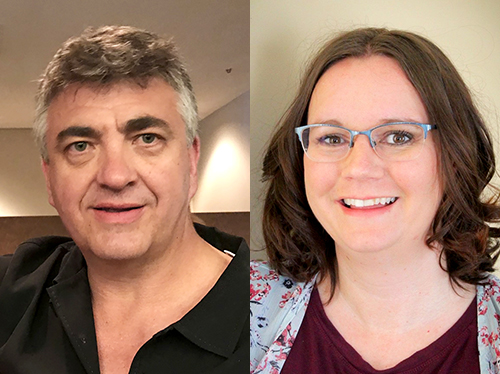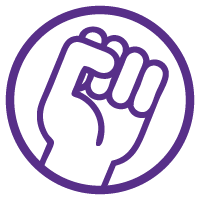 Lactation & Breastfeeding Online Course(s) & Continuing Education
Lactation & Breastfeeding Online Course(s) & Continuing Education
Access the latest clinical skills and research for Lactation & Breastfeeding for professional training. These Lactation & Breastfeeding online courses provide practice-changing skills and valuable perspectives from leading global experts. This Lactation & Breastfeeding education has been accredited for a variety of CEUs / CERPs and can be accessed on-demand, at your own pace.
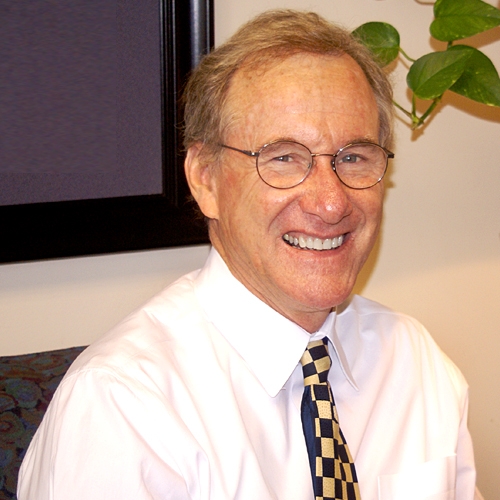
The Return of Breastsleeping: Humankind’s Oldest and Most Successful Sleep and Feeding Arrangement

JAMES MCKENNA (B.A., University of California, Berkeley; M.A., San Diego State University; Ph.D., University of Oregon) Rev. Edmund P. Joyce, C.S.C., Professor of Anthropology
McKenna pioneered the first behavioral and electro-physiological studies documenting differences between mothers and infants sleeping together and apart and has become known worldwide for his work in promoting studies of breast feeding and mother-infant cosleeping. A biological anthropologist, and Director of the Mother-Baby Behavioral Sleep Laboratory McKenna began his career studying the social behavior and development of monkeys and apes with an emphasis on parenting behavior and ecology. He has published over 150 articles and six books including a popular parenting book Sleeping With Your baby: A Parents Guide To Co-sleeping. He has coedited Ancestral Landscapes In Human Evolution, Evolutionary Medicine, and a more recent co-edited volume Evolution and Health: New Perspectives (Oxford University Press. He won the prestigious Shannon Award (with Dr. Sarah Mosko) from the National Institutes of Child Health and Development for his SIDS research and is the nation's foremost authority and spokesperson to the national press on issues pertaining to infant and childhood sleep problems, sleep development, and breastfeeding.
Breastsleeping refers to bedsharing-amongst breastfeeding mothers and infants occurring in the absence of all known independent risk factors.
Given that most breastfeeding mothers bedshare, there is a critical need to develop a new SIDS/SUID discourse, one that employs harm reduction strategies, family- tailored education, evidence-based medicine, and primary advice formulated by breastfeeding and lactation communities, researchers and associations. This new bottom-up, evidence-based discourse first and foremost respects what parents say they need, want, can and are willing to do.
This discourse acknowledges that, in the United States, bedsharing is common and what helps us to understand it is to reference scientific studies (heretofore dismissed by ‘authorities’) on the powerful infantile and parental biological factors that motivate bedsharing, and the realization that sleep-related risks are not co-equal but vary along a significant continuum of relative risks ranging between acceptable (especially where exclusively breastsleeping occurs i.e. where hazardous factors are eliminated) to unacceptable where a variety of well independent “risk factors’ are present.
I argue here for recommendations based on evidence-based medicine rather than the ideologically driven opinions and assumptions of those making the recommendations which are failing after 20 years of attacks on bedsharing and bedsharing families.

View Details / Enroll
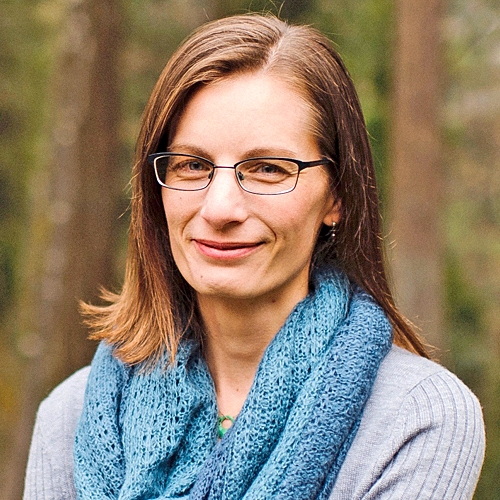
The Science of Infant Feeding: New Research on Gut Development, Microbiome, and Risk of Allergy

Alice Callahan completed her PhD in Nutritional Biology at UC Davis in 2008, followed by a postdoc in fetal physiology at the University of Arizona. She left the academic track in 2011 to pursue a dual career in college teaching and science writing. Her book, The Science of Mom: A Research-Based Guide to Your Baby’s First Year, about the science of raising a baby, was published in 2015 by Johns Hopkins University Press and was named one of the best science books of the year by Science News. As a freelance writer, Callahan covers health and nutrition topics – often focusing on pregnancy, infancy, and childhood – for many publications, including The New York Times, Washington Post, and Lifehacker. She and her family live in Eugene, Oregon, where she also teaches nutrition and physiology at the University of Oregon and Lane Community College.
Research continually uncovers the complex relationship between infant feeding and development. It’s driven by our fascination and desire to understand early development, but it also has real-world implications for the decisions parents make about how to feed their babies. New parents and even perinatal professionals are often confused about infant feeding guidelines, finding information to be conflicting, overwhelming, and ever-changing. We’ll start with an overview of how an infant’s gastrointestinal tract develops and what we know about how human milk consumption supports optimal development. Then we’ll delve into the latest research on intestinal permeability, early formula supplementation, and timing of introduction of solid foods to prevent allergies. Feeding is one of the primary ways that we care for and show babies that we love them, and by providing up-to-date and accurate information, perinatal professionals can help families feel calm and confident about their feeding choices.

View Details / Enroll
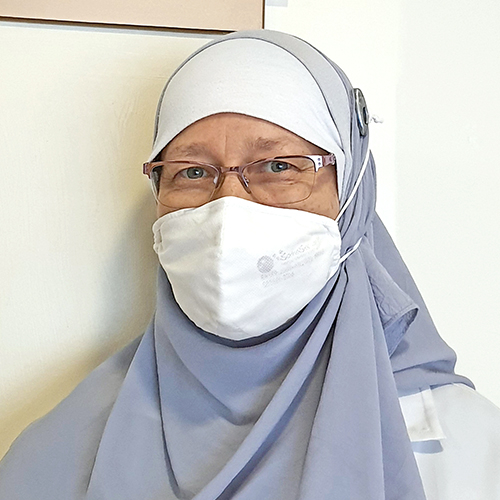
The Sharjah Baby-Friendly Campaign: A Community-Based Model for Breastfeeding Promotion, Protection and Support

Evelyne Ruf is a family physician from France, and an International Board Lactation Consultant (since 1993). More than 25 years ago, she shifted to the United Arab Emirates (UAE), working for the Ministry of Health, in Sharjah MCH Center. She opened there the first Lactation Clinic in the UAE, with the support of volunteers from Breastfeeding Friends (BFF), which she had co-founded.
Five years ago, the Lactation Clinic has been shifted to the Family Health Promotion Center, where it continues to offer, to a very cosmopolitan population, skilled lactation support as well as assessment and release of tethered oral tissues.
A member of the National Breastfeeding Committee, Evelyne has been involved in the Baby-Friendly Hospital Initiative as a lecturer, trainer, adviser and assessor. Her workplace became the first Baby-Friendly Health Center in the UAE and received the IBCLC Care Award (community category) in 2015.
She has also been actively involved in the Sharjah Baby-Friendly Emirate Campaign, a multi-sectorial initiative launched in 2012, and presented its achievements during Gold Lactation 4 years ago.
With her husband of 34 years, she is the proud and grateful mother of 5 grown-up breastfed children and the grandmother of 4 breastfed little ones.
Topic: The Sharjah Baby-Friendly Campaign: A Community-Based Model for Breastfeeding Promotion, Protection and Support - [View Abstract]
Despite the recommendations and various initiatives to promote breastfeeding, most women don’t reach the exclusive breastfeeding target in both developed and developing countries. Similar has been the case in the United Arab Emirates.
Therefore based on the decree by the ruler of the Emirate of Sharjah, UAE, a multi-sectorial, multi-directional breastfeeding campaign-the Sharjah Baby-Friendly Campaign- was launched in March 2012. It consisted of 4 initiatives namely Baby-Friendly Health Facility, Mother-Friendly Workplace, Breastfeeding-Friendly Nursery and Mother-Baby Friendly Public Place. Once an organization met the criteria for any of these initiatives it was awarded the designation or accreditation of that initiative.
The campaign initiatives worked through capacity building of healthcare workers, developed breastfeeding education content and resources, and conducted community outreach through social media.
The positive impact of the campaign on breastfeeding promotion, protection and support is evident by the tripled exclusive breastfeeding rate at 6 months over a 5 years period.
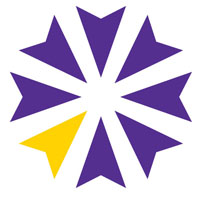
View Details / Enroll

View Details / Enroll

The Vagus Nerve: Branchial Motor / Special Visceral Efferents: The Pharynx, Larynx, Soft Palate and one tiny tongue muscle

Michelle has been a pediatric neurodevelopmental Occupational therapist specializing in precrawling infants for over 26 years. She has specialty certifications and training in lactation, manual therapy, and pre and peri natal psychology. Michelle has specialized in optimal cranial nerve function and oral restrictions, with an emphasis on infant movement, innate biological imperatives and human potential, providing novel curriculums, support and resources for both professionals and parents. She enjoys collaborating and working in teams for babies and families going through the tethered oral tissues release process.
Topic: Breastfeeding and Cranial Nerve Dysfunction – the what, who and why of Cranial Nerve Dysfunction in the newborn to precrawling baby - [View Abstract]
Topic: Compensatory vs Novel Movements: 3 Keys for Babies With Tongue, Lip and Buccal Restrictions - [View Abstract]
Topic: Interoception: Beyond the Homunculus....The Real Sixth Sense and Its Primary Function as Sensory Input to the Autonomic Nervous System - [View Abstract]
Topic: The Vagus Nerve: Branchial Motor / Special Visceral Efferents: The Pharynx, Larynx, Soft Palate and one tiny tongue muscle - [View Abstract]
Topic: TummyTime!™ : A Therapeutic Strategy for Parents and Babies - [View Abstract]
Babies with tongue/oral restrictions and Cranial Nerve Dysfunction (CND) present with clinical indicators of decreased airway patency which interrupt latch and breastfeeding skills, airway development and Autonomic Nervous System regulation. These difficulties are noted clinically by mouth breathing, open mouth posture, stridor, snoring and other noisy breathing, suboptimal breathing patterns, decreased suck/swallow/breathe coordination and poor tongue and jaw posture / movement during activity and rest. Many of us are familiar with the Vagus nerve and the vital role it plays as our body’s sensory/afferent relayer of information to the central nervous system, as well, the Vagus serves as the primary parasympathetic influence on most of our viscera, including our heart, which helps us regulate. However, what we often gloss over is the motor input to the skeletal muscles of the soft palate, pharynx, larynx and tongue which directly impact breathing. This lecture will delve into this fascinating topic and provide clinical applications.
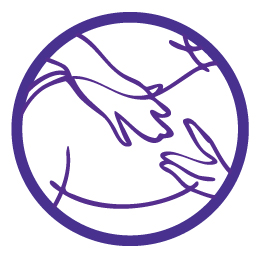
View Details / Enroll
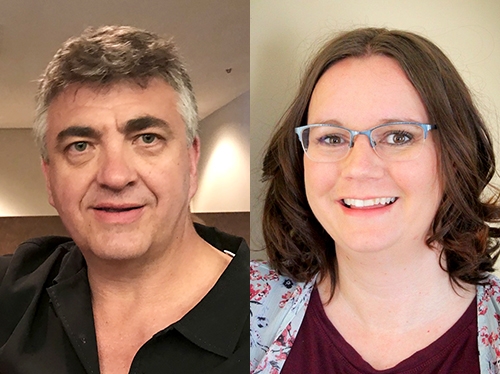
The Value of Prenatal Hand Expression of Colostrum

Naida Hawkins is a Registered Nurse and Lactation consultant in North Battleford, Saskatchewan. She is a passionate registered nurse who has cared for breastfeeding families for 14 years.
Almereau Prollius is an Obstetrician and Gynecologist in Saskatoon, SK. Together with Naida they have a special interest in strategies to promote successful breast feeding and are advocates of prenatal hand expression. They work as part of an interdisciplinary team supporting families to have an easier time starting and continuing breastfeeding.
More Milk Sooner is their program which supports and promotes hand expression in the antenatal and early postpartum period. Based out of Saskatoon and North Battleford in Saskatchewan, they hope to empower patients and care providers to increase successful breastfeeding. They are delighted to be sharing their journey with you. They are actively involved in research reviewing the outcomes of the implementation of the prenatal hand expression education strategy.
Exclusive breastfeeding for the first six months of life is currently recommended by numerous health authorities including the World Health Organization and UNICEF, and should be encouraged and supported prenatally, perinatally and postpartum. Despite these recommendations, the rate of sustained breastfeeding to six months of life remain low. Prenatal hand expression (PHE) is a method used to assist with colostrum collection beginning near term pregnancy. This technique is low-cost and easy to teach and learn. It has been shown to reduce problems with milk stasis, mastitis and breast engorgement by mobilizing colostrum and breastmilk. Learn more about how this technique can improve breastfeeding exclusivity and duration and how to implement it in your practice.

View Details / Enroll
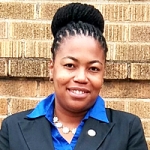
Thinking Outside the Box to Increase Breastfeeding in Communities of Colour

Mother of 6 breastfed children, Tytina is a Certified Lactation Counselor, La Leche League International Breastfeeding Peer Counselor and Program Administrator. Tytina is a Loving Support WIC Peer Counselor and Rush University Medical Center Mother’s Milk Club peer counselor. She is an International Center for Traditional Childbearing provisional Doula. She has 15 years of community-level maternal child health. Her affiliations include Chicago Region Breastfeeding Taskforce, March of Dimes, National Association of Professional and Peer Lactation Supporters of Color, Breastfeed Chicago, the United States Breastfeeding Committee, and GOLD Learning Professional Advisory Committee.
This talk is to stress the importance of breastfeeding in communities where both finances and breastfeeding rates are low. These communities tend to have the highest infant mortality rates. Breastfeeding support programs are almost nonexistent due to lack of funding. This contributes to low initiation of breastfeeding. In these communities the title lactation consultant is foreign. Breastfeeding Peer Counselors reside within these communities; however, there are no employment opportunities. These are actually environmental barriers as well. Living in a community that does not support lactation, makes infant formula appear to be the “norm” for infant feeding. If the community as a whole was aware of the importance of breastfeeding, the whole village could take a stand. Implementing free breastfeeding/mothering support groups, allowing volunteer peer counselors to come in and assist is one approach. It should not take “money” to provide free breast milk.
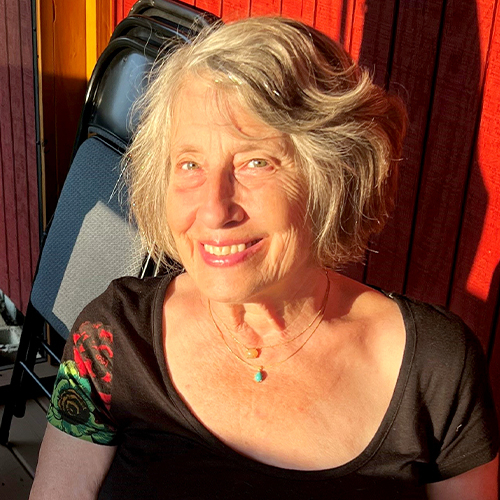
Tips and Tricks for Writing Breastfeeding Policy

Starting in 1971 as a LPN, Nikki has worked in clinics, homes, city and county health departments, hospitals, intensive care units, medical schools, and universities. Her focus shifted from intensive care to breastfeeding and public health in 1975. She has worked in person and virtually. She is a nurse, a lactation consultant, a bodyworker, an infant massage instructor, a public speaker, the author of two books and a teacher. Her favorite things now are being a grandmother, learning to grow vegetables, playing old-time and cajun guitar, and walking in beautiful places.
Writing policy is a skillset needed throughout the lactation profession as the lactation care provider often serves as both clinician and advocate. As an author of 2 breastfeeding policies, including a promotion policy for the City of Philadelphia Department of Public Health in 1992 and 10 Steps to a Breastfeeding-friendly Shelter in 2019, Nikki will give some historical background for breastfeeding policy and offer guidance about how to formulate a policy, what is important in writing policy, and make the process easier to work through and less intimidating.
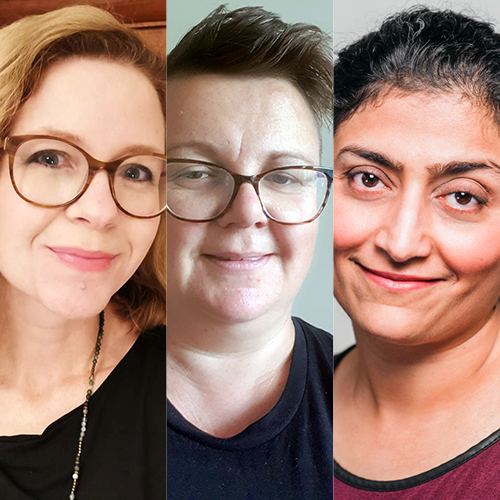

Johanna Sargeant is an International Board Certified Lactation Consultant, teacher and writer based in Zurich, Switzerland. She is passionate about utilising her background in education, biological science, psychology and language to empower parents with empathetic support and evidence-based information through her private practice, Milk and Motherhood. Originally from Australia, Johanna provides much-needed English-speaking support to many thousands of parents throughout Switzerland and across Europe, and has recently been contracted to create the new education modules for the European Society of Paediactric Research and the European Society of Neonatology. She has taught at the University of Zurich, has spoken as a panelist for the WHO’s Baby Friendly Hospital Initiative congress in Geneva, has been an expert speaker and facilitator for Google, and has presented at a wide variety of international conferences. The complexities of her personal feeding experiences have led her to the establishment of the sole peer-to-peer milk-sharing network in Switzerland, and fuels her passion for providing knowledgeable, guilt-free infant feeding support globally.
Kathryn is mum to 4 boys, twins and 2 subsequent singletons. She trained as a breastfeeding peer supporter and volunteered in the groups for years in and around Harrow, NW London, UK.
Kathryn caught the breastfeeding support bug and decided to further her knowledge training as a Breastfeeding Counsellor with the Association of Breastfeeding Mothers and then qualifying as an IBCLC 3 years ago.
Kathryn started Breastfeeding Twins and Triplets Facebook group almost 6 years ago and it now has over 6500 members. It has recently been made into a UK charity. Kathryn is passionate about delivering high quality breastfeeding support to as many twin and triplet families as possible, creating resources and educating health care professionals and breastfeeding supporters. She runs a small private practice and continues to teach music part time, her original career path.
Sejal is an International Board Certified Lactation Consultant (IBCLC) in private practice and an infant massage educator in Hillsboro, Oregon, USA. She combines her professional expertise with her personal instincts as a mother and a supportive team member.
She holds a Bachelors in Microbiology and Clinical Laboratory Science.
She also brings with her the following comprehensive toolkit: Certified Educator of Infant Massage Formerly Certified in skin-to-skin care for full term infants from the United States Institute of Kangaroo Care Certified Provider of Innate Postpartum Care
She has presented nationally and internationally for GOLD lactation, ILCA, community colleges, local lactation organizations.
As a lactation consultant, she believes that every individual needs to be educated about breast health, optimal infant feeding and how breastfeeding support is a basic human right and can impact world health globally.
She strives to help each family by continuing to learn all she can about breast health, breastfeeding ecology, breastfeeding movement and parent-infant connection using the neurobiological and infant mental health lens.
When she’s not with her clients, you can find her at home in Hillsboro, Oregon, USA, listening to bollywood music, hanging out with friends and spending time with her family.
This panel of seasoned lactation care providers will describe some of the ways in which they have adapted their initial ideals of lactation work to the realities of what families need as well as their own strengths and capabilities. This exploration of the panelists’ own trajectories through acquiring learning and credentialing in maternal child health is designed to offer the aspiring or new lactation care provider a wealth of ideas and resources for problem-solving and decision-making as they set off on their career in lactation care.
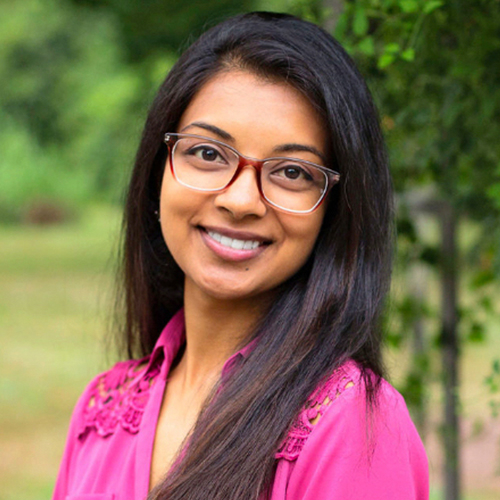

Divya Sinha Parikh MD, IBCLC, FAAP is a board certified pediatrician practicing in Columbus, OH. She received her medical training at The University of Pittsburgh School of Medicine and completed her residency in general pediatrics at Rainbow Babies and Children’s Hospital at Case Western Reserve University. She formerly served on the Baby Friendly Hospital Initiative Committee at MetroHealth Hospital Systems in Cleveland, OH and created a breastfeeding medicine clinical rotation during residency. Her work has been presented in local and national meetings.
The objectives of this lecture are to understand the definition, pathophysiology, and basic management of hyperlactation. Topics discussed with include proposed mechanisms leading to hyperlactation, health effects on mother and baby, and approach to diagnosis and management. Participants will learn key history and physical findings for hyperlactation, behavioral interventions to reduce milk supply, herbal and medical interventions to reduce milk supply, and will learn how to determine which dyads would benefit from medical intervention.
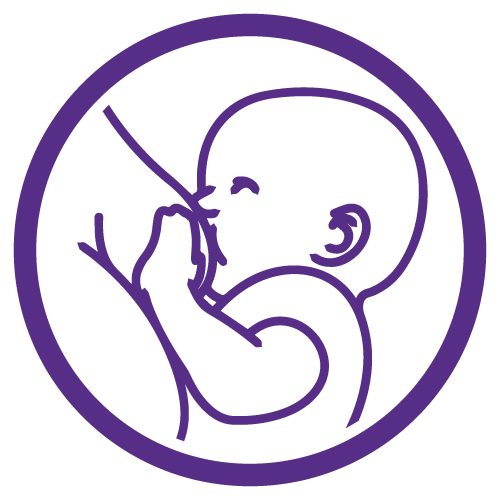
View Details / Enroll
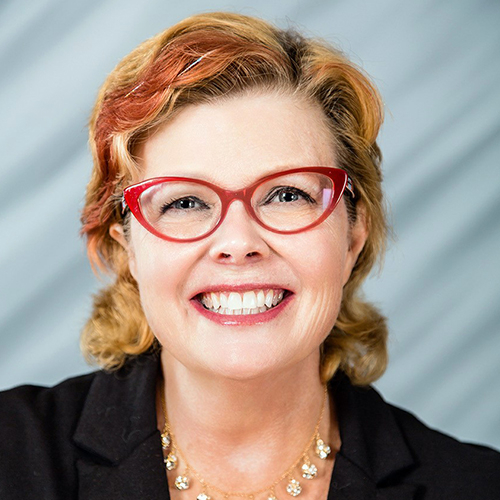
Trauma and Breastfeeding: Working Effectively with Trauma Survivors

Dr. Kendall-Tackett is a health psychologist and International Board Certified Lactation Consultant, and the Owner and Editor-in-Chief of Praeclarus Press, a small press specializing in women's health. Dr. Kendall-Tackett is Editor-in-Chief of the journal, Psychological Trauma and was Founding Editor-in-Chief of Clinical Lactation, a position she held for 11 years. She is Fellow of the American Psychological Association in Health and Trauma Psychology, Past President of the APA Division of Trauma Psychology, and a member of APA’s Publications and Communications Board.
Topic: Breastfeeding Helps Mothers Overcome the Legacy of Abuse and Adversity: It Makes All the Difference - [View Abstract]
Topic: Burnout, Compassion Fatigue and Self-Care for Members of the Perinatal Team - [View Abstract]
Topic: Burnout, Secondary Trauma, and Moral Injury in Perinatal Care Providers - [View Abstract]
Topic: Does Breastfeeding Protect Maternal Mental Health? The Role of Oxytocin and Stress - [View Abstract]
Topic: Lessons to Learn from Fed Is Best: How Can We Improve Our Care? - [View Abstract]
Topic: Mother-Infant Sleep Location: It's Not as Simple as it Seems - [View Abstract]
Topic: Trauma and Breastfeeding: Working Effectively with Trauma Survivors - [View Abstract]
Topic: What’s New in Postpartum Depression? A Summary of Current Findings - [View Abstract]
Trauma affects at least one third of childbearing women. Although a common experience, many breastfeeding counselors do not feel confident in working with trauma survivors. Should they ask about it? How do you stay within your scope of practice? This session will provide an overview of the types of trauma women are most likely to experience (childhood abuse, birth trauma, sexual assault, partner violence, natural disaster, and combat), and provide strategies for working effectively and comfortably with trauma survivors. This session also provides an overview of research showing that breastfeeding actually helps trauma survivors cope and lessens the risk of intergenerational trauma.





